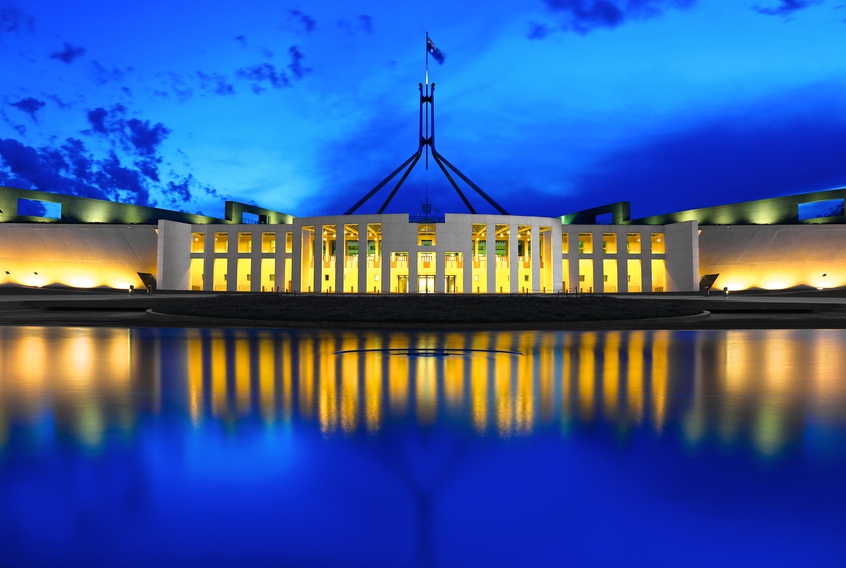As part of its continuing efforts to isolate North Korea from the world economy, on February 23, 2018, the US Treasury Department’s Office of Foreign Assets Control (“OFAC”) announced new sanctions measures targeting North Korea’s shipping industry and issued an advisory document entitled “North Korea Sanctions Advisory,” which highlights sanctions risks in the global shipping industry.
I. New Sanctions Designations
The new sanctions measures involve the designation as Specially Designated Nationals (“SDNs”) of 27 shipping and trading companies, 28 vessels, and one individual accused of operating in or providing assistance to the North Korean shipping industry.
Many of these entities and vessels have connections with China, Singapore, Taiwan, Hong Kong, the Marshall Islands, Tanzania, Panama, and Comoros, highlighting the on-going efforts to disincentivize any extraterritorial assistance to North Korea as it continues to evade US and/or UN sanctions.
As a consequence of the OFAC designations, all of the property and interests in property within US jurisdiction of these designated individuals and entities are blocked. Additionally, “US Persons” are generally prohibited from engaging in transactions with an SDN and any entities 50% or more owned by an SDN. “US Persons” include (i) entities organized under US laws and their non-US branches, (ii) individuals or entities in the United States, and (iii) US citizens or permanent resident aliens (“Green Card” holders) wherever located. Non-US Persons, including separately incorporated non-US subsidiaries of US companies, may be subject to US jurisdiction if they cause any SDN-related transactions to occur in whole or in part in the United States, including through the inter-country transfer of US dollars.
II. Advisory on Sanctions Risks Related to North Korea’s Shipping Practices
OFAC, in conjunction with the US State Department and Coast Guard, also issued the above referenced advisory to alert insurers, flag registries, shipping companies, financial institutions, and others involved in the shipping industry to the potential risks under US and/or UN sanctions of engaging in transactions with the North Korean shipping and transportation industries, as well as to draw attention to the apparent deceptive shipping practices of North Korea.
In particular, the guidance reiterates that OFAC may designate both US and non-US persons as SDNs, stating explicitly that OFAC is “aggressively targeting” any person who:
- Facilitates a significant export to or import from North Korea; or
- Engages in the transportation industry of the North Korean economy.
OFAC has wide discretion over what it considers to be “significant” depending on the policy objective under the given circumstances.
The advisory is also a reminder that US law requires that OFAC impose sanctions on any person, whether US or non-US, determined to have knowingly, directly or indirectly:
- Provided significant amounts of fuel or supplies, provided bunkering services, or facilitated a significant transaction or transactions to operate or maintain a vessel or aircraft designated under US or UN sanctions, or that is owned or controlled by a person designated under US or UN sanctions; or
- Insured, registered, facilitated the registration of, or maintained insurance or registration for, a vessel owned or controlled by the Government of North Korea.
OFAC may also designate any non-US financial institution that knowingly facilitates a significant export to or import from North Korea, or on behalf of a North Korea-related blocked person, such as an SDN.
Finally, the guidance reiterates that UN sanctions allow for:
- An asset freeze and travel ban designation for any individual or entity engaged in or providing support for, including through other illicit means, North Korea’s nuclear, weapons of mass destruction, and ballistic missile programs; and
- Take a variety of actions against vessels, including: deflagging/deregistering, inspection requirements, a global port entry ban, and/or impoundment.
Separately, the advisory provides examples of the tactics used by North Korea to obfuscate the identity of the vessels, the goods being shipped, and the origin and/or destination of cargo. These examples may be relevant not only to shipping companies, but also more generally to trading companies operating in the region and beyond. The advisory makes clear that routine counterparty screening, in and of itself, may not be sufficient to avoid dealings with North Korean ships and shipping.
Insurers, flag registries, shipping companies, financial institutions, and others involved in the shipping industry should, therefore, meaningfully assess their potential exposure to the North Korean shipping industry and consider additional risk mitigation measures. Companies should also review the list of “red flags” highlighted by OFAC in the advisory and consider whether their compliance programs are properly structured to identify and escalate these indicators of potential illicit conduct for careful review.



